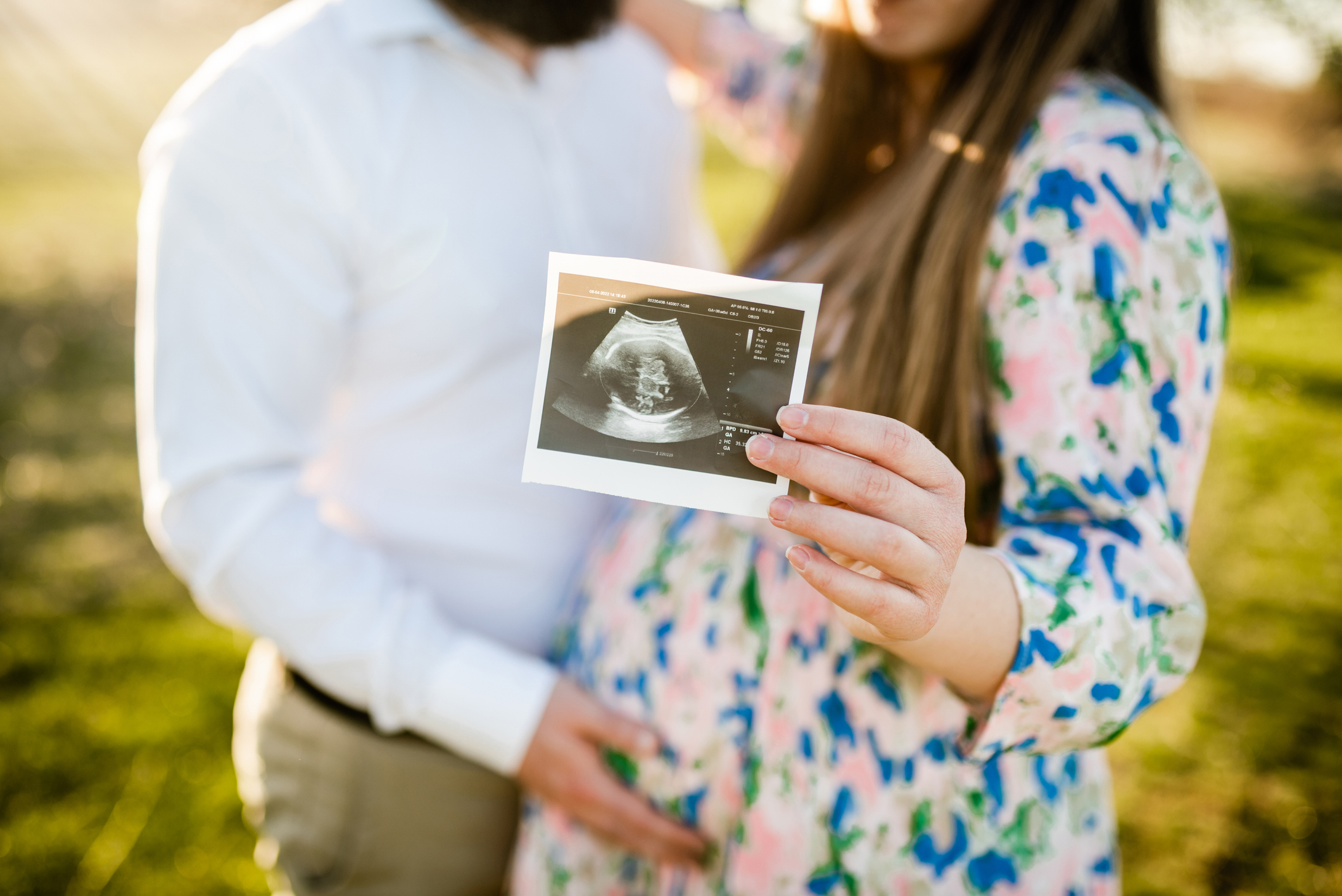Wendy Avalos, RN, BSN, MSN, FNP-C “Prioritizing maternal care and raising awareness for mothers is essential to ensuring mothers across the nation receive the quality care they deserve,” states Wendy Avalos, FNP-C. It is important to shine a spotlight on the importance of prioritizing care for mothers during pregnancy, childbirth, and beyond. Understanding the unique […]
Category: Womens Health
Understanding Migraines in Women: Hormonal Triggers and Managing Attacks
Lisa E. Meeker, NP-C “Women are disproportionately affected by migraines, and one significant factor contributing to this is fluctuating hormones,” states Lisa E. Meeker, NP-C. Migraines impact approximately 22% of women in the United States, making them a major women’s health issue. Recognizing the unique ways migraines affect women is key to developing support systems […]
Finding Calm: How to Manage Anxiety During Pregnancy
Pregnancy is a time of immense change and anticipation, but it can also bring about heightened anxiety. Balancing these emotions is essential for both the mother’s and baby’s health. Understanding Anxiety During Pregnancy Anxiety during pregnancy is not uncommon. According to the American College of Obstetricians and Gynecologists (ACOG), it can be triggered by hormonal […]
Celebrating Maternal Health Awareness Day: Supporting Wyoming Moms Every Step of the Way
Every January 23, we recognize Maternal Health Awareness Day as a time to shine a spotlight on the importance of prioritizing care for mothers during pregnancy, childbirth, and beyond. At Cheyenne OBGYN, we understand the unique challenges mothers face, and we’re here to help moms in Wyoming feel empowered, supported, and informed. Here’s how you […]
Prioritizing Mental Health and Self-Care During the Holiday Season
The holiday season can bring joyful celebrations, but it can also come with added stress and unique challenges. For many women, balancing family gatherings, end-of-year work pressures, and the expectations of a “perfect” holiday can lead to feelings of exhaustion, stress, and even the “holiday blues.” At Cheyenne OBGYN, we want to remind our community […]
Ovarian Cancer Awareness Month: Screening and Prevention at Every Stage of Life
September is Ovarian Cancer Awareness Month, a time to shine a spotlight on one of the deadliest cancers affecting women. Ovarian cancer is often called a “silent killer” because its symptoms can be subtle or mistaken for other issues. That’s why awareness, early detection, and preventive measures are crucial in the fight against this disease. […]
Breastfeeding 101: A Guide On How To Breastfeed After Birth
At Cheyenne OBGYN, we understand that breastfeeding can be a scary idea for new mothers. The mechanics of breastfeeding alone is confusing, leading to extra nerves that new mothers do not need. Breastfeeding is vital for your baby’s health, and it is important to understand the process and benefits of breastfeeding. What is breastfeeding Breastfeeding […]
Heat and Your Menstrual Cycle: How the Summer Heat Impacts Your Period
At Cheyenne OBGYN, we understand the importance of maintaining a healthy menstrual cycle during the summer months. One thing that can interfere with your cycle is the hot temperatures outside and heat stress. It is critical to understand your menstrual cycle and how outside factors, like the heat, can affect your body. The Menstrual Cycle: […]
The Vital Role of Pap Smears for Women’s Health
Cervical cancer is a frightening concept for adult women, and being able to detect any signs early on is better than nothing. In 2022, there were 660,000 new cervical cancer cases around the world. While this form of cancer is more common, there are treatments available that work best if you catch the cancer early […]
Preparing for Pregnancy: A Guide for Every Journey
Bringing a new life into the world is a beautiful journey that requires careful preparation and consideration. When preparing for pregnancy, embark on the journey to parenthood with confidence and guidance from Cheyenne OBGYN. Whether you’re planning to start a family, are an older woman contemplating pregnancy, or have faced infertility in the past, Cheyenne […]










